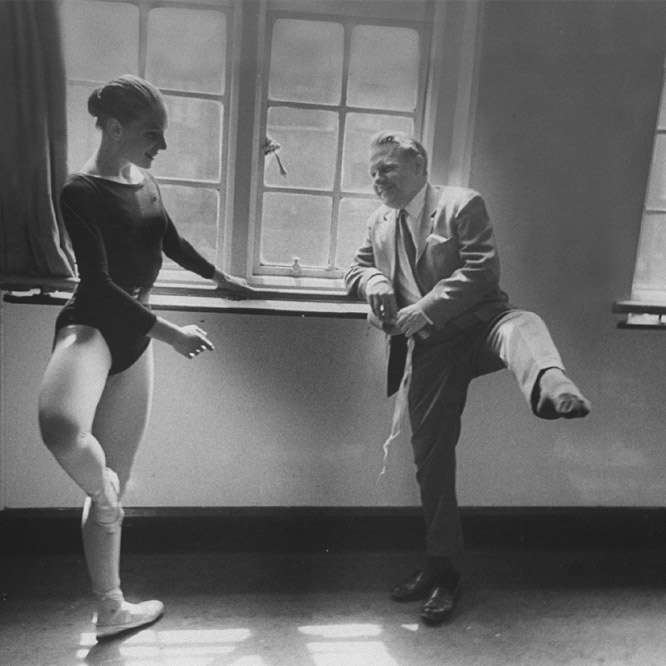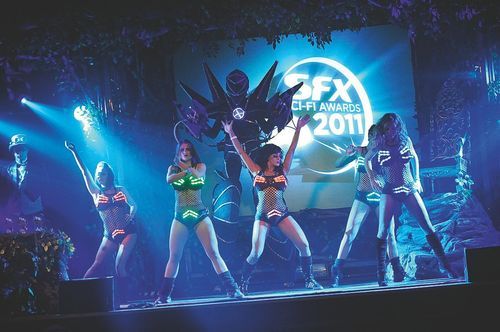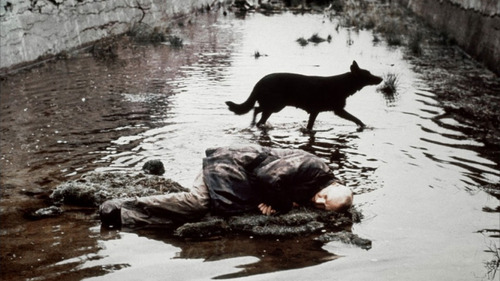It’s time we revalued “the old boy”. Poet. Excoriator of Pudding Island (the British Isles to you). Cocksman. Loudmouth. Shit. Author of experimental novels. Tipped for the Nobel. Despised then and now for writing seriously and sincerely about sex.
I want to save him from the lovies. From the old club-room farts with their tales of “Dear Larry”. From the cryptocolonial world-builders, the literary pudendum-collectors, the ex-pat snob-fantasists. I want people to remember Durrell’s teeth. His breath. His savage, uncompromising, funny-weird, gut-wrenching prose. And when the British Library came along asking, did I want to chair and contribute to a panel about Lawrence Durrell today? well, I grabbed at the chance, all the while thinking, Can’t they get anyone, well, let’s face it, bigger?
No. They cannot. (Faber got Jan Morris to write a new foreword to the Alexandria Quartet recently. I’ve read it: a pompous, contemptuous flob. Please God DBC Pierre does a better job with The Black Book.)
Why is it proving such an uphill struggle to recast Durrell for a new generation? For an answer, I fear we need look no further than the title to this week’s event: Reach Upwards to the Affirming Sun. Yes, I know where this line comes from, and yes, I still hate it. Reach upwards to the affirming sun, indeed – forgetting that Durrell was the all-time undisputed master of bathos. One might just as well have quoted from The Black Book:
The robin sits upon the bough
The postman has a nasty cough
which at least has some energy about it. But we’re lumbered. Reach Upwards to the Affirming Sun: Lawrence Durrell in 2012 takes place from 18.30 to 20.00 this Friday, 15 June 2012, at the Conference Centre, British Library,
96 Euston Road
London
NW1 2DB
Joining me – and fielding some very different opinions – will be Nicoletta Demetriou, Andrew McKie, and Joanna Hodgkin, author of Amateurs in Eden, The Story of a Bohemian Marriage: Nancy and Lawrence Durrell.
Do come if you can and watch the fur fly. The evening costs £7.50 / £5 concessions, and don’t forget the Old Boy’s secret sign (revealed below)









